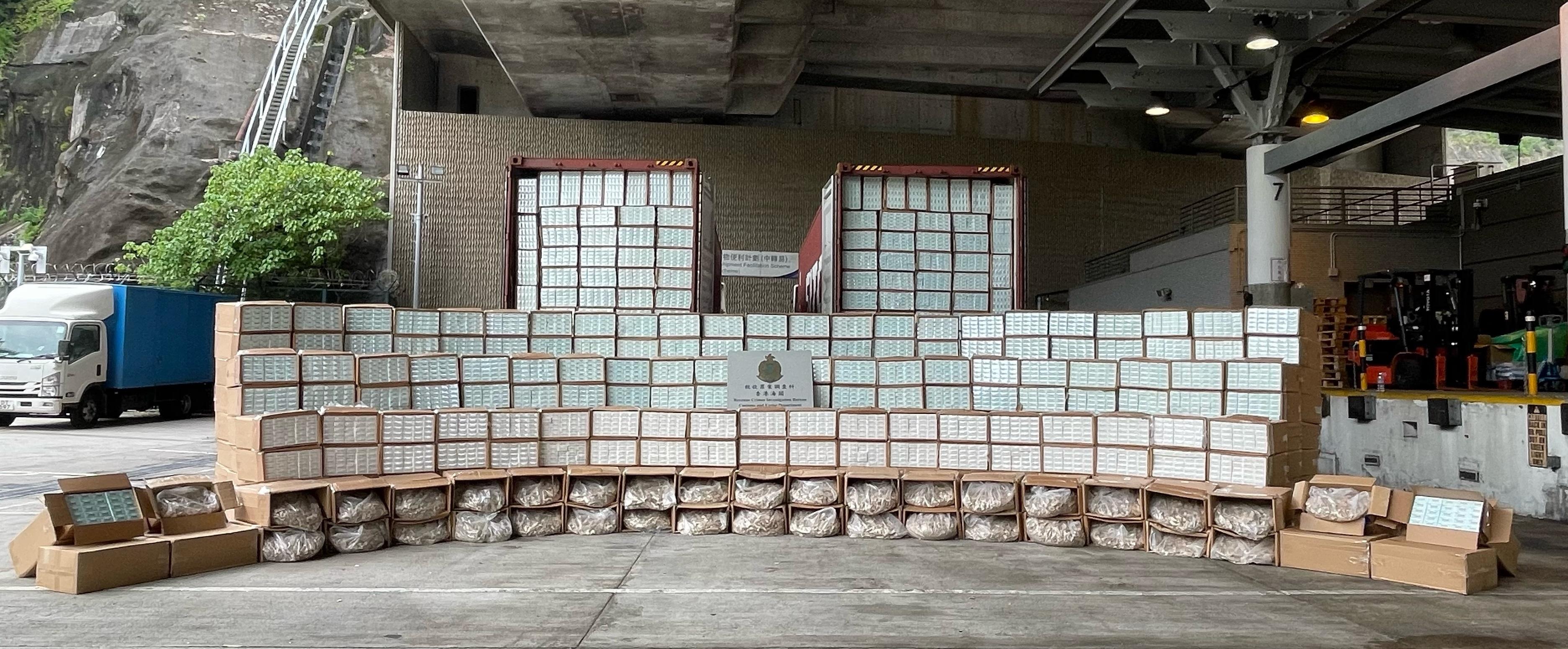CHP investigates outbreak of upper respiratory tract infection at residential care home for persons with disabilities
The Centre for Health Protection (CHP) of the Department of Health is today (August 18) investigating an outbreak of upper respiratory tract infection (URTI) at a residential care home for persons with disabilities in Kwun Tong, and appeals to members of the public and staff of institutions to stay alert and maintain strict personal and environmental hygiene.
The outbreak involves nine male and seven female residents aged 28 to 63, as well as five staff members. They developed symptoms since August 7. Seventeen of them sought medical attention and among them, two required hospitalisation. One of them tested positive for respiratory syncytial virus upon laboratory testing. All of them are in stable condition.
The CHP has provided preventive advice against URTI to the residential care home for persons with disabilities, such as advising the centre to arrange cleaning and disinfection, to open windows where appropriate for better ventilation and to separate affected residents from other residents, etc. The residential care home for persons with disabilities has been placed under medical surveillance.
The public should maintain good personal and environmental hygiene against influenza and other respiratory illnesses, and note the following:
- Receive seasonal influenza vaccination for personal protection;
- Surgical masks can prevent transmission of respiratory viruses from ill persons. It is essential for persons who are symptomatic (even if having mild symptoms) to wear a surgical mask;
- For high-risk persons (e.g. persons with underlying medical conditions or persons who are immunocompromised), wear a surgical mask when taking public transport or staying in crowded places. It is important to wear a mask properly, including performing hand hygiene before wearing and after removing a mask;
- Avoid touching one’s eyes, mouth and nose;
- Wash hands with liquid soap and water properly whenever possibly contaminated;
- When hands are not visibly soiled, clean them with 70 to 80 per cent alcohol-based handrub;
- Cover the nose and mouth with tissue paper when sneezing or coughing. Dispose of soiled tissue paper properly into a lidded rubbish bin, and wash hands thoroughly afterwards;
- Maintain good indoor ventilation;
- When having respiratory symptoms, wear a surgical mask, refrain from work or attending classes at school, avoid going to crowded places and seek medical advice promptly; and
- Maintain a balanced diet, exercise regularly, take adequate rest, do not smoke and avoid overstress.
Members of the public, particularly children, the elderly and those with chronic diseases, should consult a doctor promptly if they develop symptoms of respiratory tract infection. read more


